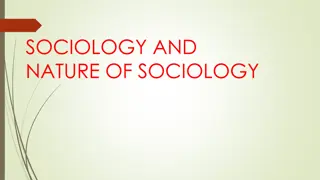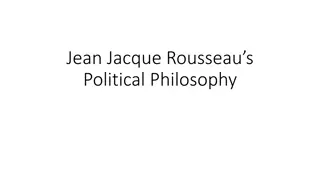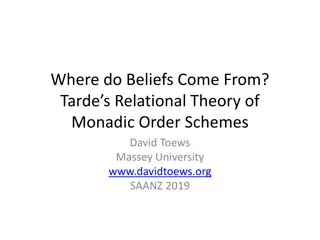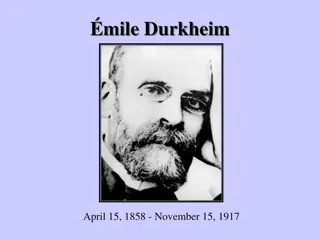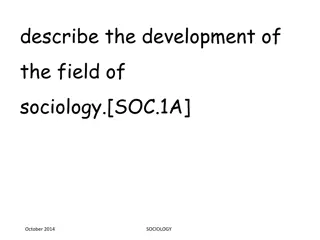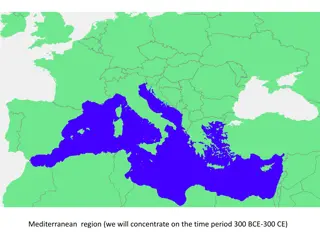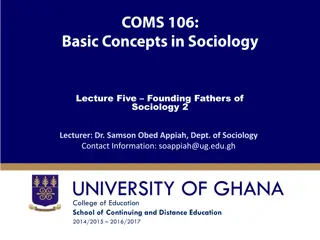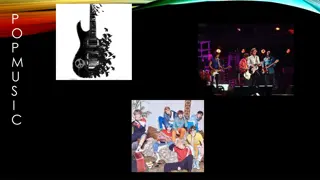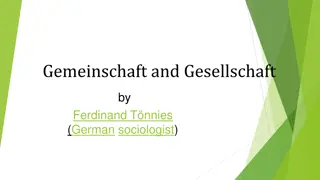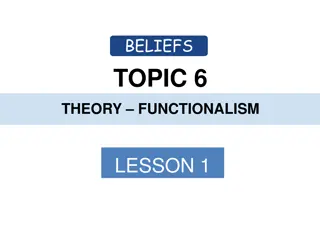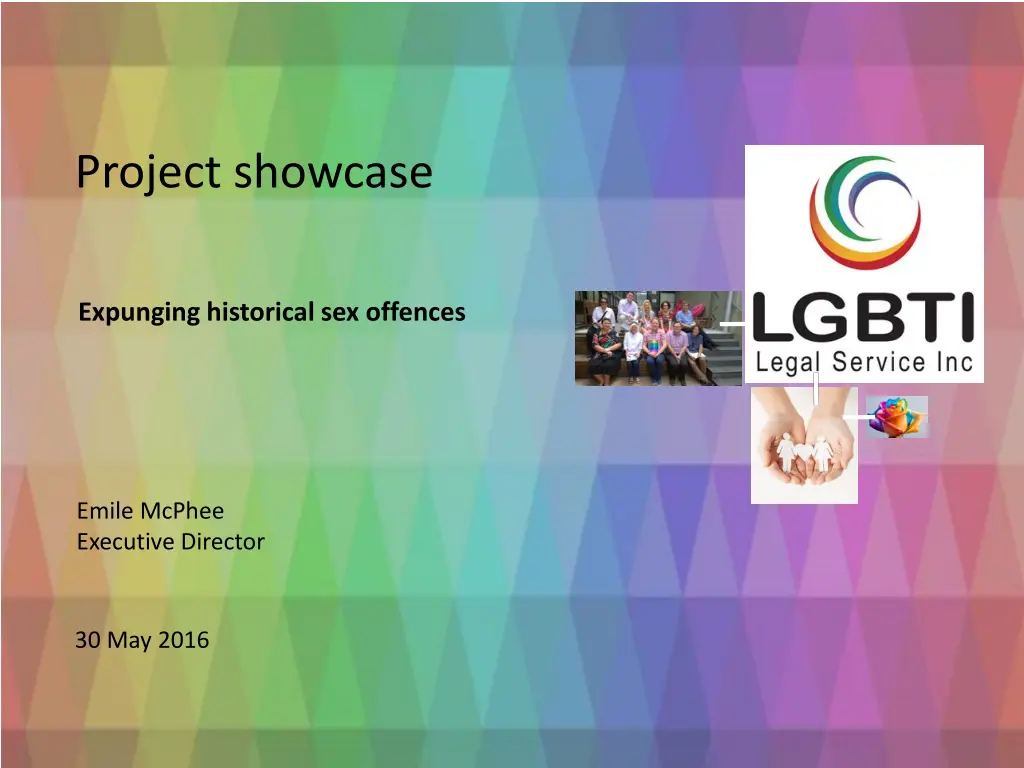
Expunging Historical Sex Offences in Queensland: Emile McPhee's Initiative
Learn about Emile McPhee's efforts to expunge historical sex offences in Queensland, including the background, Alan's story, actions taken, and recommendations made for creating a new expungement scheme. Follow the progress and challenges faced in addressing past injustices.
Download Presentation

Please find below an Image/Link to download the presentation.
The content on the website is provided AS IS for your information and personal use only. It may not be sold, licensed, or shared on other websites without obtaining consent from the author. If you encounter any issues during the download, it is possible that the publisher has removed the file from their server.
You are allowed to download the files provided on this website for personal or commercial use, subject to the condition that they are used lawfully. All files are the property of their respective owners.
The content on the website is provided AS IS for your information and personal use only. It may not be sold, licensed, or shared on other websites without obtaining consent from the author.
E N D
Presentation Transcript
Project showcase Expunging historical sex offences Emile McPhee Executive Director 30 May 2016
Background Homosexuality was illegal in Queensland until 29 November 1990. Offences ranged from unnatural offences and indecent practices between males to prostitution, sexual assault and public order offences. We know people were charged with a range of offences, but don t know exact number or exact offences. In Queensland, we have a spent convictions regime which allows non-disclosure for expired convictions, but that has exceptions (particularly around working with children and legal jobs). To fully address the issues these convictions created, need to expunge the conviction i.e. as if it never happened. Similar reform occurring in Vic, NSW, SA and was underway in Tas.
Alans story Alan was on the Cairns foreshore late at night in 1988. Approached by a young man who stared suggestively at Alan, before walking into the adjacent gardens hidden from view. Alan followed at struck up a conversation about a nearby group, to which the man replied he wasn t interested in other people. Alan took this as an encouragement and brushed against the man s genitals. The man then announced he was a police officer and arrested Alan. He was formally interviewed and asked whether he had shown control over his sexual urges . He was told he would be charged with aggravated sexual assault. At Court 2 weeks later, Alan was allocated a caseworker. As Alan had indeed touched the man, he thought he should plead guilty and did so, receiving a suspended sentence. Following this conviction, Alan was forced to abandon his dreams of being a teacher, which he had studied for but was told not to apply for registration because of the conviction.
What we did Initial discussions between a number of organisations (including HRLC, Pride, QAILS, Caxton) identifying the need and the momentum being gained in other states Tried desperately to find examples of people affected Worked closely in conjunction with Allens, who developed our discussion paper: Historical criminal treatment of consensual sexual activity between men in Queensland Continued to lobby the Government and work with news and community organisations to keep traction Provided discussion paper to Queensland Law Reform Commission and Attorney-General in September 2015 AG announced referral to QLRC in January 2016, response due 31 August 2016
Our recommendation Create a new expungement scheme (i.e. don t use spent convictions or pardons scheme). Have a wide range of eligible offences and conviction to which the scheme applied. Allow anyone the subject of a conviction, or their representative, to make an application. Individuals apply to a panel (which would include a member of the LGBTI community) for expungement by giving basic details. Information is then collated from the relevant Departments and the applicant can be asked to give further information if necessary. Expungement granted if, on balance of probabilities, the person would not have been convicted but for the fact that they engaged, or were suspected of engaging in, same sex or gender diverse activities, and that behaviour would not result in a conviction today. Consent and age must be considered if relevant. A decision to expunge means the offence is treated as if it never occurred. Primary records should be annotated and secondary records destroyed or fully de-identified.
Who was involved Undeniably a team effort Organisations included: Allens Human Rights Law Centre (Victoria) Caxton Legal Centre QAILS Pride Festival Queensland AIDS Council Townsville Community Legal Service Inc Individuals including Alan Raabe
Where are we now QLRC to provide report by end August 2016 Scope of engagement limited to how to implement reforms Still a long way from getting actual tangible reform
Contact Emile McPhee Executive Director T 0438 766 176 E info@lgbtilegalservice.org Disclaimer: This presentation covers legal and technical issues in a general way. It is not designed to express opinions on specific cases. This presentation is intended for information purposes only and should not be regarded as legal advice. Further advice should be obtained before taking action on any issue dealt with in this presentation.


